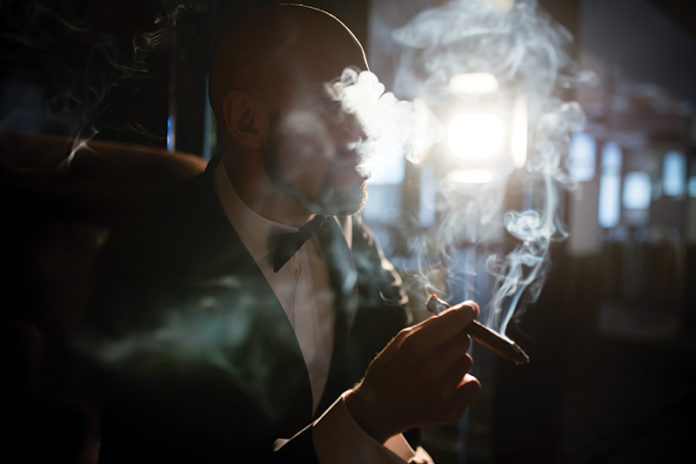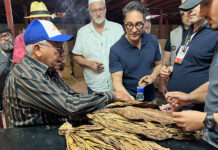Between 1920 and 1933, America experienced the renowned period that was known as Prohibition. With the grassroots movement against alcohol led by the Woman’s Christian Temperance Union and the Anti-Saloon League, the United States government enacted its sweeping ban on the manufacture, sale and transportation of alcoholic beverages. Even though the federal government did not prohibit private ownership and consumption, some local and state governments went as far as banning actual possession.
Flash forward to June 22, 2009, when President Barack Obama signed the Family Smoking Prevention and Tobacco Control Act, giving the U.S. Food and Drug Administration (FDA) sweeping regulatory power over all things tobacco. Although the FDA is prohibited from creating any outright ban on a product, the regulatory agency can create barriers that make the introduction of new products virtually impossible. However, there is a little-known codicil in the act that gives local and state governments the authority to implement more stringent ordinances and legislation on tobacco products, especially in the arena of sales and distribution restrictions.
Just like the Jan. 16, 1919, ratification of the 18th Amendment to the U.S. Constitution during the Prohibition era, or the June 22, 2009, signing of the Tobacco Control Act, perhaps June 4, 2019, should also be enshrined in the annals of nanny state history. It was on that evening that the city council of Beverly Hills, California, became the first jurisdiction in America to ban the sale of tobacco within its community.
Twenty-eight local businesses that sell perfectly legal tobacco products will now be prohibited from doing so. In many cigar circles, most know that the city council of Beverly Hills heard the plea to exempt two premium cigar shops as well as a private cigar club. For that, we are grateful—concerned about the attack on free markets, private property rights and personal choice—but grateful. Cigar Rights of America (CRA) endorsed the request for those exemptions and released a petition to the city council making that request as well.
The most renowned plea for exemption came from former California governor and cigar enthusiast Arnold Schwarzenegger. Writing for the Grand Havana Room cigar club, Schwarzenegger stated that the club “provides a treasured home away from home where community members, businessmen and businesswomen, artists, authors, educators, filmmakers, priests, pastors, rabbis, doctors, lawyers and political leaders all gather, and where they can share the company of one another over the enjoyment of a fine cigar.” Schwarzenegger also noted that the club was “an altogether rare venue … where the sharing of a meal, drink and premium cigar promotes camaraderie, relaxation and the healthy exchange of ideas and experiences.”
To me, I guess that makes virtually every cigar shop and lounge in the nation a “rare venue”—327 million people in America, maybe 3 million occasional cigar consumers, 2,000 premium cigar shops and even fewer than that with a lounge or cigar bar. I would say they are each rare, unique and should be recognized as nothing less than a sanctuary for those among us who wish to gather for such moments as Schwarzenegger described.
We would like to use Schwarzenegger’s message as a form letter for such battles confronted by every cigar shop across the nation because our prediction is that Beverly Hills just set a horrible national precedent for local governments across the country to entertain similar ordinances. And it has begun.








